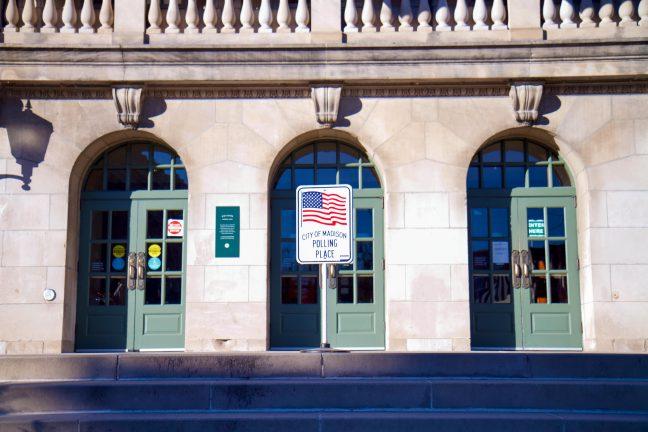The Wisconsin Supreme Court ruled Friday that absentee ballot drop boxes will not be allowed in the April 5 spring election.
This comes after Waukesha County Circuit Court Judge Michael Bohren ruled last month to make absentee ballot drop boxes illegal in Wisconsin. Bohren wanted the order to be implemented immediately but the Wisconsin Supreme Court issued a stay, keeping the boxes open until after the Feb. 15 election.
These efforts are not unique to Wisconsin — many groups across the United States have tried to restrict voting access. According to NBC News, 19 states enacted voting restrictions in 2021. These restrictions, which include Sunday voting, longer wait times, polling place consolidation and stricter voter ID laws disproportionately affect voters of color, according to the Brennan Center for Justice.
According to ASM Vote Coordinator Margaret Keuler, the ballot boxes were placed just a year ago in fall of 2020 as a way to make absentee voting more accessible as we quickly navigated a presidential election during the pandemic.
The National Study of Learning, Voting, and Engagement (NSLVE) for the University of Wisconsin showed that 39% of students voted using absentee ballots in 2020. The UW Madison campus reached 72.8% voter turnout–a 7.4% increase from the 2016 election, according to the NSLVE.
“Absentee voting will continue to be a leading way for students to vote and closing ballot boxes could greatly affect the increase in turnout that we saw in the last election,” Keuler said. “There are currently 14 absentee ballot drop boxes in the whole city of Madison and only 2 in the campus area, they should be opening up more drop boxes, not closing them.”
In a press statement, Madison Mayor Satya Rhodes Conway said the Wisconsin Institute for Law and Liberty, a conservative law firm in Milwaukee, wants to limit voting accessibility because they are unhappy with the efforts of Wisconsin cities to expand voting access.
“These five cities represent 74% of all African-American voters, and 47% of all voters of color in the state,” Rhodes-Conway said in the statement. “We must call this lawsuit what it is: racist voter suppression.”
Voting by mail has increased in popularity since the COVID-19 pandemic. In the 2021 spring election, 391,413 Wisconsinites requested absentee ballots and 64% of UW Madison’s student voters voted “not-in-person” in the 2020 presidential election.
According to City Clerk Maribeth Witzel-Behl, though it is unclear how many students have used ballot drop boxes in previous elections, they are nonetheless helpful for any voter.
“For anyone voting absentee via mail, the ballot drop boxes have been a secure option for returning their absentee ballot to the City Clerk’s Office,” Witzel-Behl said.
According to Wisconsin Public Radio, the order was not a final ruling in the case. Justices have yet to definitively decide if drop boxes will be allowed in Wisconsin’s August primary and November general election — both elections that yield higher voter turnout.
In the statement, Rhodes Conway said the Court “has upended routine and reasonable measures and created more confusion, harm and uncertainty to both voters and election administrators.”


